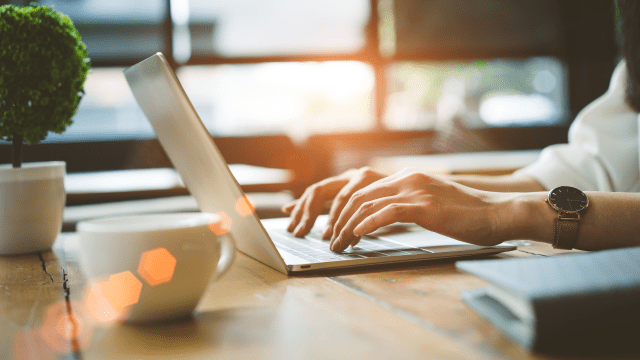VPNs have become a staple of the online world, adding a layer of privacy between the user of a computer and bad actors on the internet or on the same network. That being said, a lot of people are still asking ‘what is a VPN’.
It’s not essential to use a VPN or to even know what one is, but there are use cases where you should absolutely enable a VPN and there are situations where you should know the limitations of what a VPN can do.
So, let’s go through what a VPN actually does.
What is a VPN and how does it work?
VPN stands for “Virtual Private Network”. It’s a tool that masks your internet activity on a local network by creating a private network specific to your device, by routing traffic through a server elsewhere in the world. In doing this, the VPN masks your IP address and encrypts your actions online (to an extent).
To say that it makes your actions virtually untraceable and completely encrypted is a bit of a stretch. Although these tools are especially useful if you’re browsing on a public internet connection, and can protect you from hackers that want to see your browser activity in public settings (this is why public Wi-Fi sucks), your actions on the internet aren’t entirely hidden when using a VPN.
Your internet service provider, although the websites you visit will be hidden from them, will still be able to see that you’re connected to a VPN. They’ll be able to see the amount of data you’re sending and receiving, the data sent between you and the server, and the IP address of the server.
Governments can also intercept the encrypted traffic, and malware can still find its way onto your computer if you’re not careful.
Additionally, VPNs don’t make payments anonymous and the data that you upload to the internet (like photos and videos) may still include geodata that can identify you and your location (this is how they found John McAfee when he was on the run).
Besides, even though VPNs mask your device’s IP address, it’s not the only piece of data worth targeting, as websites can still identify your screen time, resolution, OS, browser, timezone and plugins, to name a few identifying characteristics. With enough of these identity markers, your activity on the web could be identified without even needing your IP address.
Most of these points can be rectified through their own means, but for the most part, VPNs won’t give you complete web browsing privacy.
[related_content first=”1207117″]
Why do I need a VPN?
The benefits of VPNs are clear: they keep you safer on public Wi-Fi, help you access content not usually available in your region (like on streaming services outside of your country) and keep your IP address hidden from the rest of the internet, masking your device’s unique identification address.
But none of the above gives you a reason to need a VPN. If you rely on public Wi-FI, then you should consider installing a VPN. If the only way to access content on the internet is by installing one, then that’s another reason to install one.
Additionally, your employer or business may require you to use a VPN, to add an additional layer of security between what you’re working on and the internet. A VPN issued through your business may also give you access to websites that only employees can access. Not having your VPN enabled on your computer may restrict internet access on your work PC, or limit your access to certain websites.
But for the most part, as we touched on in the section above, the benefits of a VPN in terms of privacy are limited, in that there are so many ways that organisations and bad actors can get around it.
So, should you get a VPN for personal use? If you need it to do any of the things above safely, then it’s worth installing one (most are free anyway, so you can actively have one installed on your PC without needing to pay).
For the most part though, you should be fine without one. At times, having a VPN can be a detriment to your internet experience, resulting in slower download speeds (due to passing through an additional server) or inaccessible content in your own region.
Is using a VPN safe?
There’s nothing inherently unsafe about using one. Provided that the service you’re using isn’t collecting your data (as they do in some countries), there’s nothing unsafe about using a VPN.
That being said, as we’ve already written at length, they don’t completely hide your internet traffic online.
It’s just important to know what these things do and don’t do, if you’re going to use one.
This article has been updated since it was originally published.
